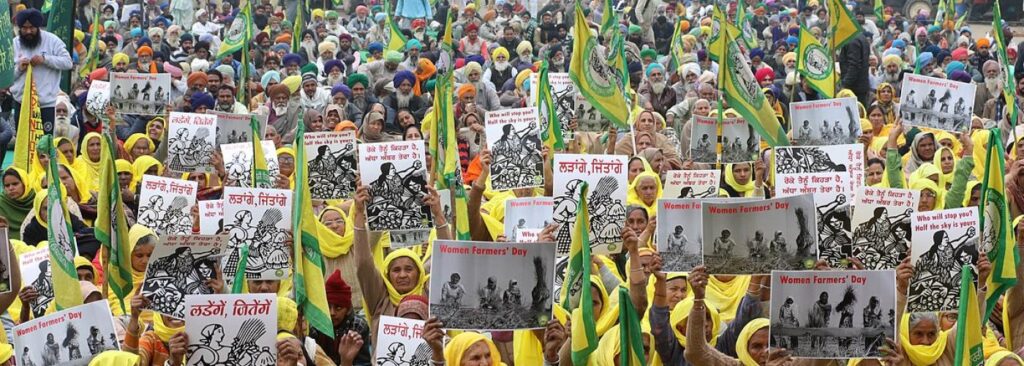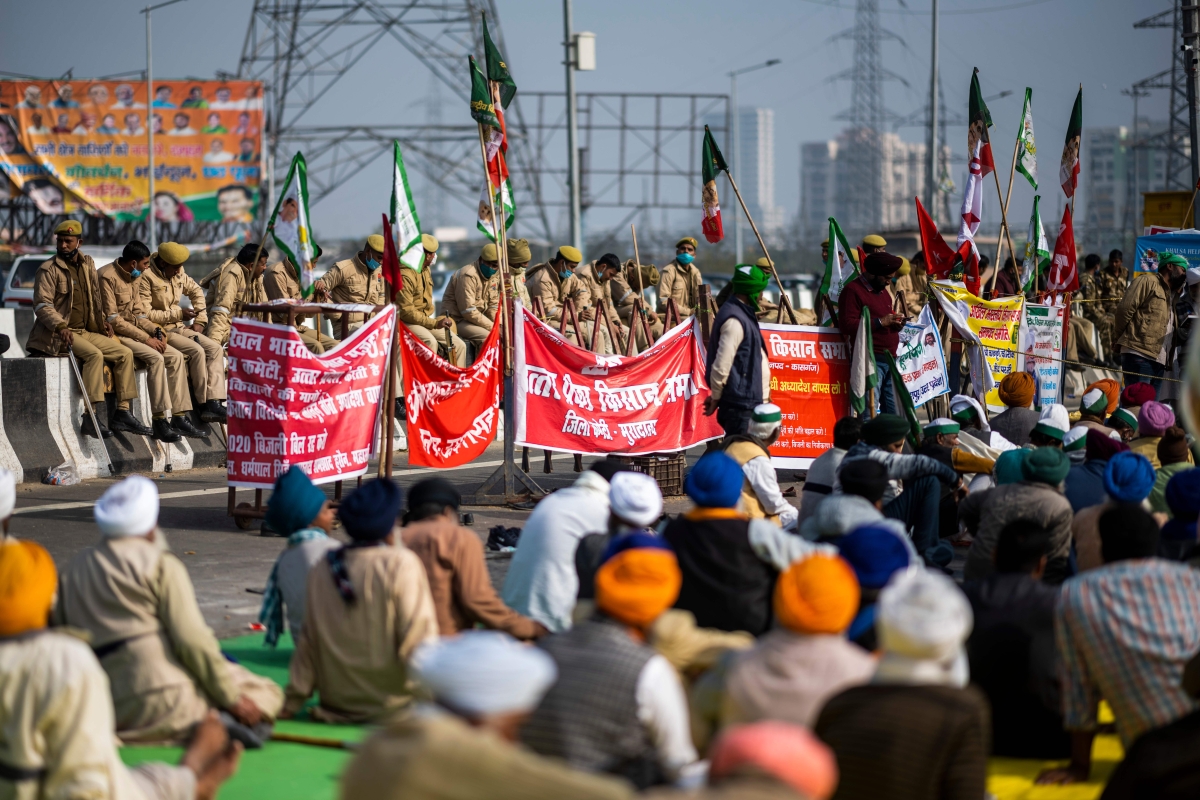Imagine a scenario where farmers have a bountiful harvest, yet they face financial hardship. This is the harsh reality for many farmers in India due to the fluctuating market prices of crops. To address this challenge, the government introduced the Minimum Support Price (MSP) scheme in 1966. Let’s delve into the nitty-gritty of MSP, understand the ongoing debate, and explore potential solutions.

What is MSP?
MSP acts as a safety net for farmers by guaranteeing a minimum price for their produce. The government announces MSP for 22 crops before the sowing season, considering factors like production costs, inflation, and market trends. If market prices fall below MSP, the government steps in to procure the produce at the guaranteed price.
Why is MSP in the News?
Farmers across India have been protesting for a legal guarantee for MSP. Currently, MSP is not codified in law, raising concerns about its sustainability. Farmers fear that without a legal framework, the government might backtrack on its commitment, leaving them vulnerable to market fluctuations.
Arguments for and Against a Legal Guarantee for MSP
Pros:
- Ensures stable income for farmers: A legal guarantee for MSP would provide farmers with a sense of security and help them plan their finances effectively.
- Promotes crop diversification: MSP for a wider range of crops would encourage farmers to move beyond water-intensive crops like paddy and wheat, promoting sustainability.
- Reduces exploitation by middlemen: With a guaranteed minimum price, farmers would have more bargaining power against middlemen who often exploit them.
Cons:
- Financial burden on the government: Procuring large quantities of crops at MSP could strain the government’s finances, diverting funds from other crucial sectors.
- Market distortion: A fixed MSP could distort the demand-supply dynamics, leading to inefficiencies and potential food shortages.
- Potential for misuse: Unscrupulous traders could manipulate the system to benefit themselves, as seen in some previous attempts to implement similar schemes.
Farmer's Protest : Finding a Middle Ground
- The MSP debate is complex, with valid arguments on both sides. Instead of a one-size-fits-all approach, exploring alternatives like:
- Direct income support to farmers: Providing a fixed amount of money based on landholding could offer financial stability without burdening the government with procurement.
- Market reforms: Streamlining the agricultural market infrastructure and improving access to storage facilities could empower farmers to fetch better prices without relying solely on MSP.
- Promoting crop diversification: Encouraging farmers to cultivate a wider range of crops through incentives and extension services could reduce dependence on a few MSP-covered crops.
The Road Ahead
The MSP issue requires a nuanced approach that balances the well-being of farmers with the economic sustainability of the nation. By fostering open dialogue, exploring innovative solutions, and prioritizing the interests of all stakeholders, we can chart a course towards a secure and prosperous future for Indian agriculture.
Q&A
What are the benefits of MSP for farmers?
MSP provides a safety net against falling market prices, ensures stable income, and encourages crop diversification.
What are the concerns about a legal guarantee for MSP?
It could impose a financial burden on the government, distort markets, and be susceptible to misuse.
What are some alternative solutions to MSP?
Direct income support, market reforms, and promoting crop diversification could offer promising alternatives.

Jugaad on Two Wheels: The Hilarious Bike Parcel Hack in Karnataka
The Great Karnataka Bike Parcel Hack: A Jugaad Masterclass #RapidoParcel: In a creative yet controversial move, ride-hailing platform Rapido has found a way around Karnataka’s

Denmark’s Digital Sovereignty Revolution: Linux and LibreOffice Lead the Way
Introduction to Denmark’s Bold Move In June 2025, Denmark’s Ministry of Digital Affairs made headlines by embracing digital sovereignty, ditching Microsoft Windows and Office 365

🏏Sports as a Business Strategy: Insights from Vijay Mallya’s RCB Ownership
🧠 Sports as a Business Strategy (Tool) In modern business, few platforms offer better engagement and emotional connection than sports. From football clubs in Europe


2 thoughts on “Farmers’ Protest: Their Demand — Minimum Support Price (MSP) for Crops!”